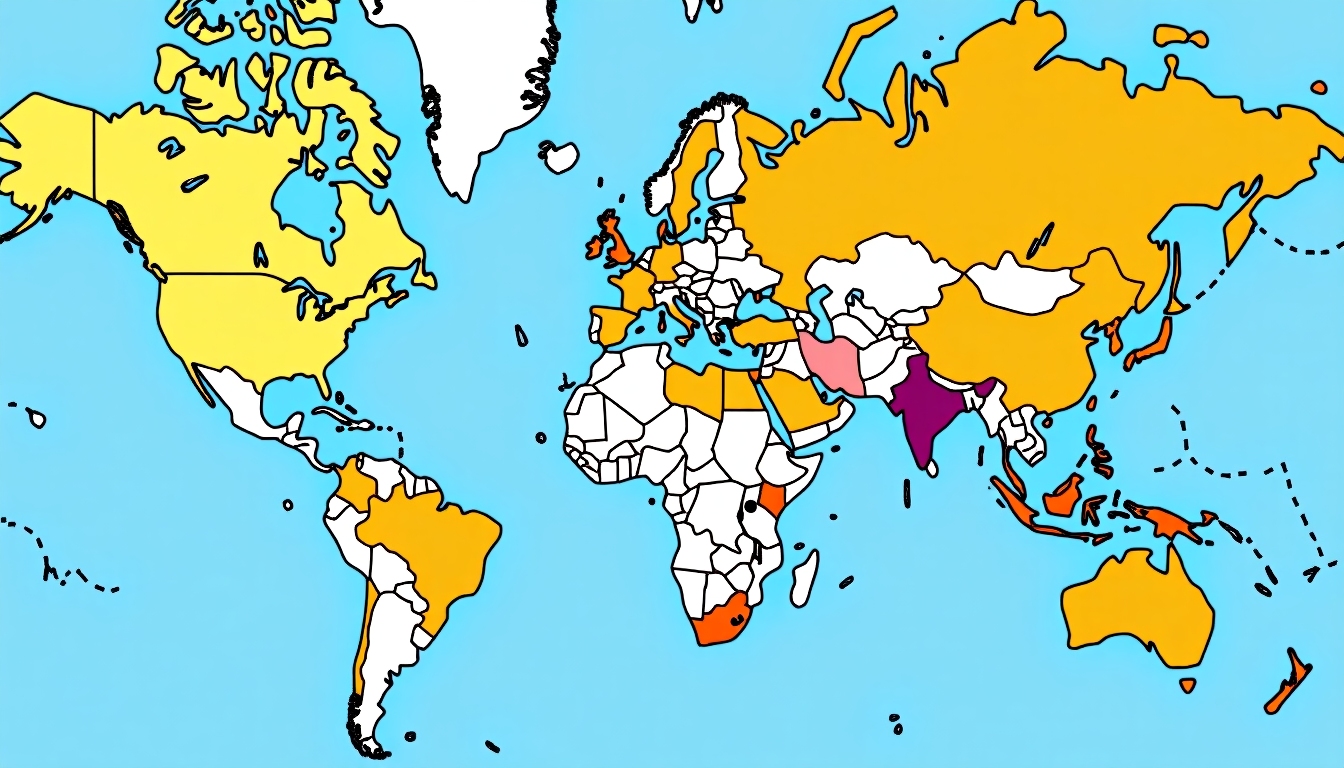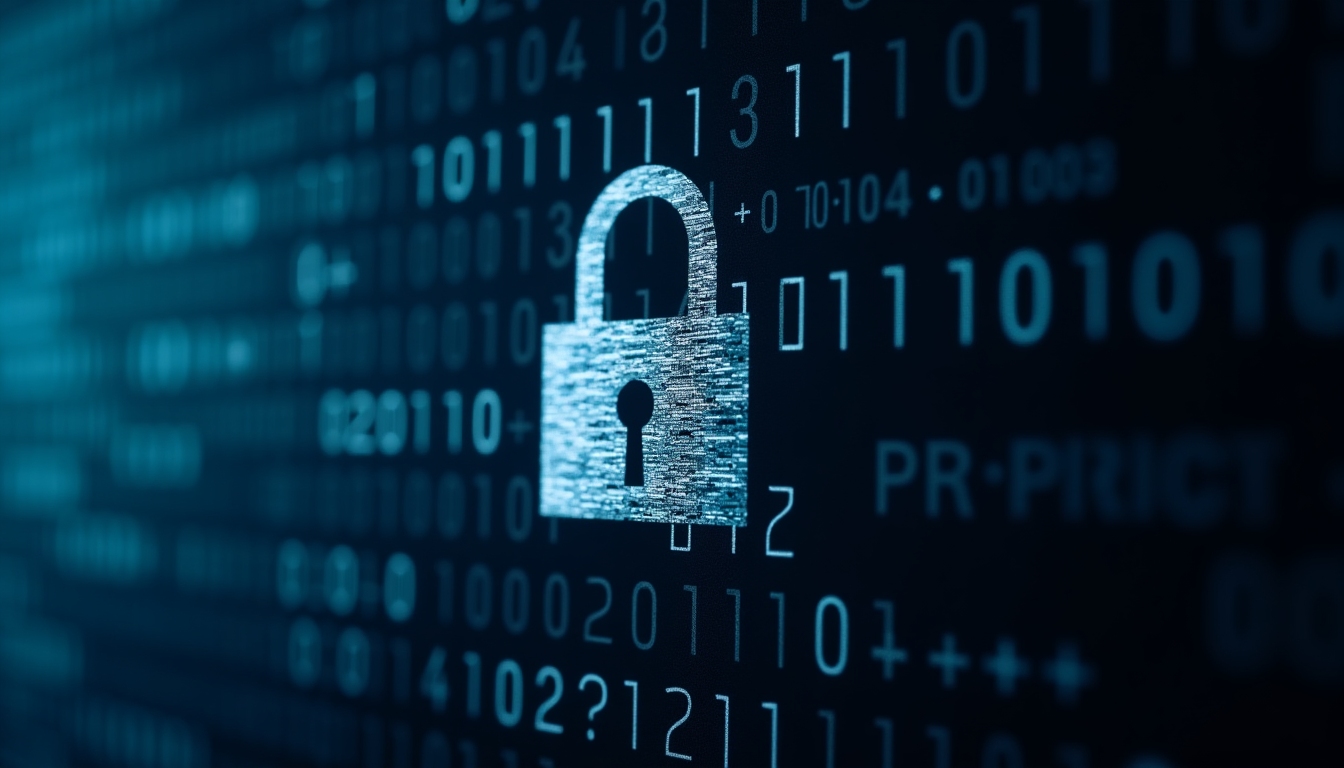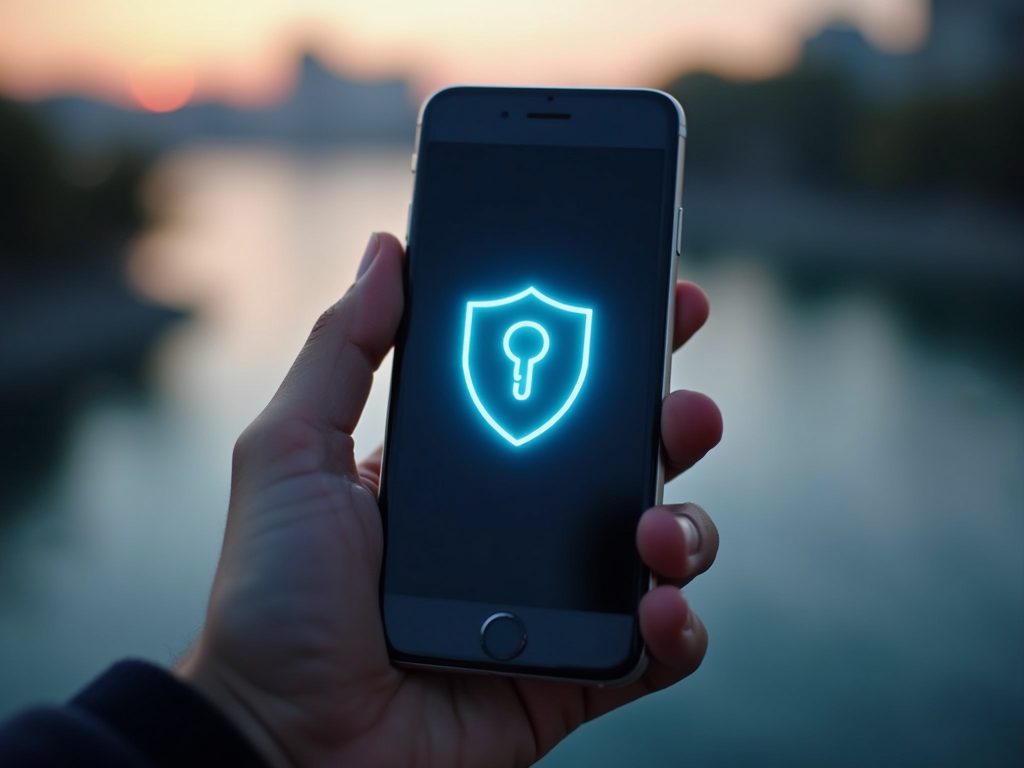Mullvad vs. NordVPN: A Privacy Showdown
In this article, we dive into Mullvad vs. NordVPN: A Privacy Showdown to help you decide which VPN keeps your online life more secure. We’ll explore their logging policies, where they’re based, how they encrypt your data, and extra tools they offer for privacy.

Logging Policies
Both Mullvad and NordVPN promise not to track what you do online, but their approaches differ.
Mullvad says it logs nothing—no browsing history, traffic, or IP addresses. It doesn’t even ask for your email or payment details. Check out Mullvad's privacy policy for the full details.
NordVPN also claims a no-logs policy, meaning they don’t track your activity. However, they do collect your email and payment info to set up your account. They insist this isn’t tied to what you do online. See NordVPN's privacy policy for more.
Why does this matter? If a VPN logs your activity, someone—like a government or hacker—could get that data. A true no-logs policy keeps you safer. To back up their claims, Mullvad passed an audit by Cure53 in 2018, and NordVPN was checked by PricewaterhouseCoopers the same year.
Mullvad edges out here because it collects zero personal info, making it harder for anyone to trace you.

Jurisdiction
Where a VPN is based affects how safe your data is. Mullvad calls Sweden home. Sweden’s in the 14 Eyes alliance—a group of countries that share surveillance info. Sounds worrying, but Sweden’s strict privacy laws and Mullvad’s no-logs stance mean there’s little to hand over if asked.
NordVPN operates out of Panama, which isn’t in any spy alliances. Panama’s privacy laws are solid, and with NordVPN’s no-logs policy, your data should stay private.
What’s the 14 Eyes deal? It’s a pact where countries like the U.S. and UK swap intelligence. Being outside it, like NordVPN, might feel safer to some. Still, Mullvad’s setup holds strong despite Sweden’s alliances. Your pick depends on how much you trust each location.

Encryption Methods
Encryption scrambles your data so no one can read it without the key. Both VPNs use AES-256, a top-tier standard trusted by banks and governments. It’s nearly impossible to crack with today’s tech.
Mullvad pairs AES-256 with SHA-512 authentication and 4096-bit RSA keys for the connection setup. NordVPN uses AES-256 too, with SHA-384 and 2048-bit DH keys. Both are super secure, though Mullvad’s bigger keys add a slight edge in theory.
They support protocols like OpenVPN and WireGuard for flexibility. Mullvad throws in Shadowsocks—great for dodging censorship in places like China. In everyday use, both keep your data locked tight.

Additional Privacy Tools
Beyond the basics, both VPNs offer extras to boost your privacy.
Mullvad includes an ad blocker and malware protection to stop trackers and threats. Its standout is the Mullvad Browser—a web browser built to hide your digital footprint with features like automatic cookie clearing.
NordVPN counters with CyberSec, which blocks ads and malicious sites. It also has a kill switch (cuts your internet if the VPN drops) and split tunneling (lets you pick what goes through the VPN). These make it versatile.
Mullvad’s browser feels unique—perfect if you’re all-in on privacy. NordVPN’s tools lean toward convenience alongside protection.
Payment Methods
How you pay can affect your anonymity. Mullvad lets you send cash in the mail—no name, no trace. It’s as private as it gets. They also take crypto and cards, but cash stands out.
NordVPN accepts Bitcoin and other cryptocurrencies, which hide your identity somewhat. Still, crypto transactions can be tracked with effort, unlike cash.
If staying invisible matters most, Mullvad’s cash option wins. I’ve seen friends use it and love how it keeps their VPN use off the grid.
Leak Protection
Leaks can expose your real location or activity, ruining a VPN’s purpose. Mullvad has built-in DNS leak protection, ensuring your requests stay hidden. NordVPN goes further with DNS and IPv6 leak protection—key as more devices use IPv6.
Both pass leak tests I’ve run, keeping my IP and DNS requests under wraps. No surprises here—they’re both solid.
Transparency
Trust matters with VPNs. Mullvad’s desktop app is open-source—anyone can check the code for sneaky stuff. That openness builds confidence. NordVPN isn’t open-source but relies on its audits to prove it’s legit.
Open-source feels like a peek behind the curtain. I lean toward Mullvad here because I like knowing exactly what’s running on my device.
Pricing
Mullvad charges a flat €5 per month—no discounts, no fuss. It’s straightforward, like their privacy focus. NordVPN’s plans vary—starting at $3.71 monthly for two years. Cheaper if you commit long-term.
Price shouldn’t trump privacy, but NordVPN’s deals might sway you if cash is tight. I’ve found both worth it, depending on what you value.

Conclusion
So, Mullvad vs. NordVPN: A Privacy Showdown—who wins? Mullvad shines for hardcore privacy fans with its no-logs purity, open-source app, and cash payments. NordVPN balances privacy with extras like CyberSec and a Panama base, plus a friendlier price.
I’ve used both and felt secure, but Mullvad’s total anonymity gives me peace of mind when privacy’s non-negotiable. NordVPN’s ease and features fit better for casual use. Pick Mullvad if you’re all about online privacy. Go NordVPN if you want more tools at a lower cost.